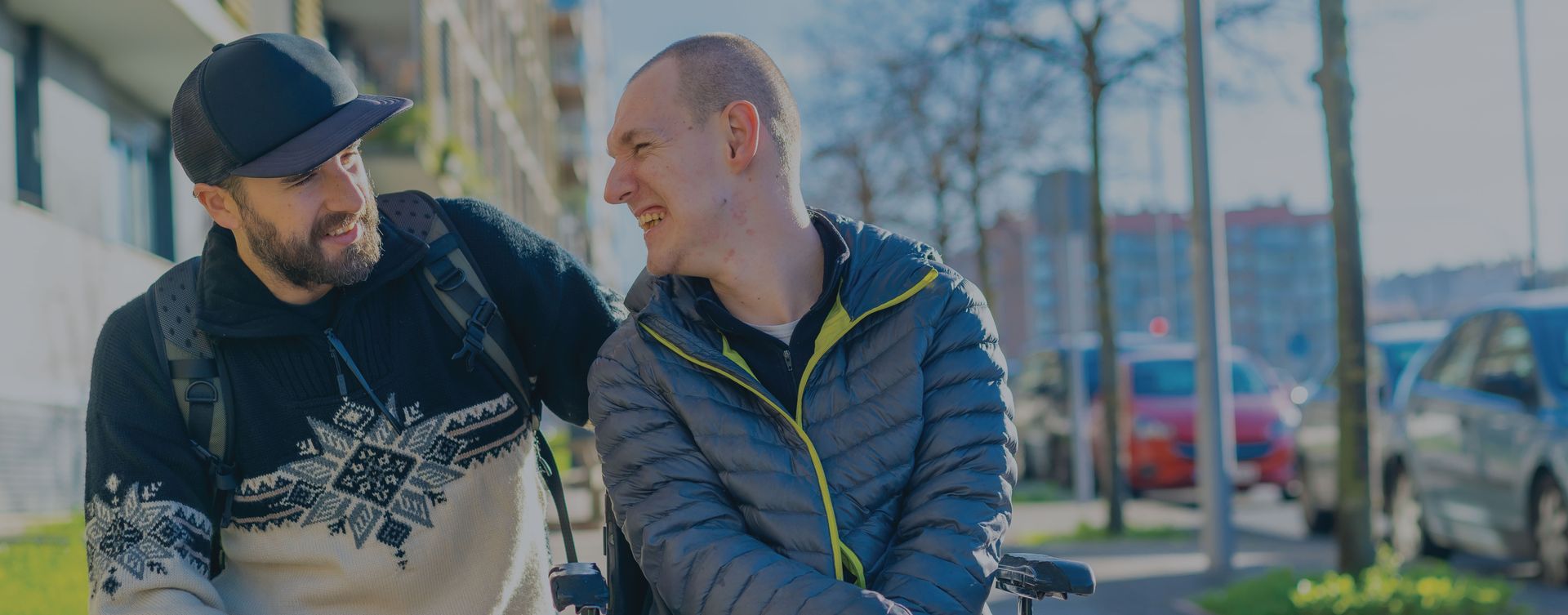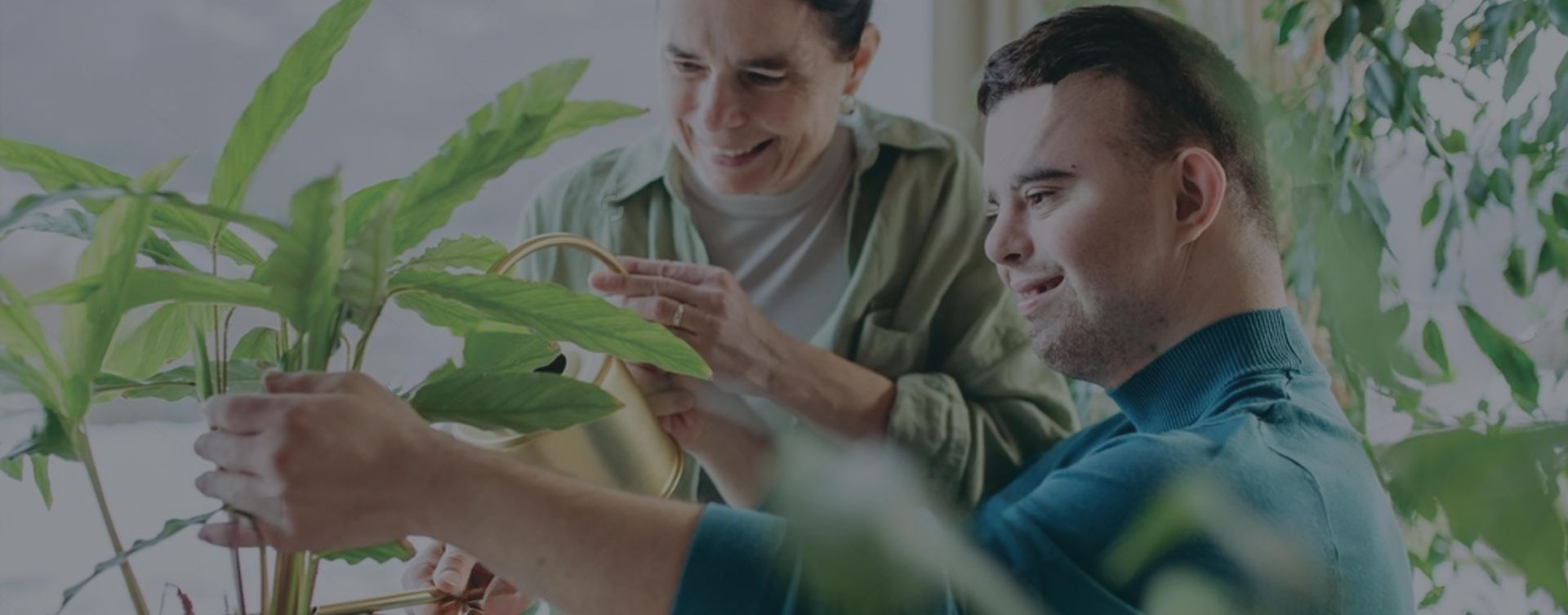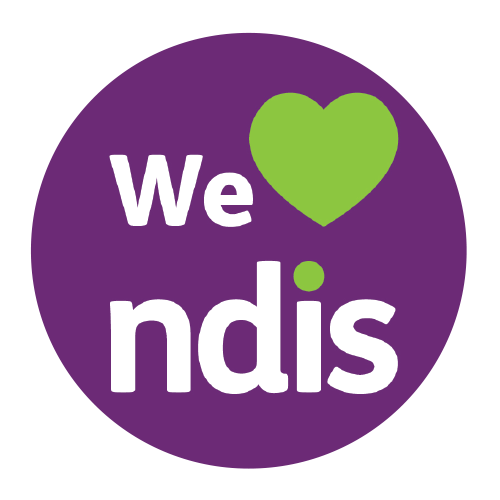Humans of Aged Care: Good News Stories from the Aged Care Sector
Humans of Aged Care
Here’s a snapshot of the stories told on the Humans of Aged Care website. I encourage you to read these stories.
Lynne Waterford, Registered Nurse,
Koonambil Aged Care Ltd, NSW
“I didn’t think Aged Care would be for me, but I gave it a go and I’m still here 16 years later. It is not just a job to me. It is more than that. The residents and families that you have been working with become part of your life and family.”
Lisa Brook, Team Leader, IRT 5 Islands Resort,
Port Kembla, NSW
“If you want to make a change in someone’s life, this is the job. You are the last link in their journey and that must be your focus.”
Peni Tiati, Carer,
Crowley Care, NSW
“Seeing a smile on the residents’ faces at the end of the day, and creating special friendships with the residents and their families makes me really appreciate the work I do. Every day is different and knowing that you are helping someone leaves you feeling very humble and content.”
Irene Reeves, Volunteer,
Koonambil Aged Care Ltd, NSW
“It doesn’t matter how old you are, you can learn something new from our older generations each and every day. I love listening to them, hearing about their lives and their growing up. Some of them have some very interesting stories to tell, and it's just great to sit and listen to them.”
Humans Of Aged Care is all about celebrating the amazing individuals and stories that make Australian Aged Care so special.
ACSA wants you tell them about someone you know – it might be someone delivering care as a care worker or anyone that works in an aged care facility (cook, cleaner, administrator, manager etc), an unpaid carer or volunteer, or resident/individual receiving care and their family members. Or perhaps a special relationship you’ve observed or been a part of.
ACSA wants to share these stories so they can spread the word about the good that is done every day in aged care.
